Call for Papers: Decision-making in Structured Groups
Published in Social Sciences, Protocols & Methods, and Behavioural Sciences & Psychology
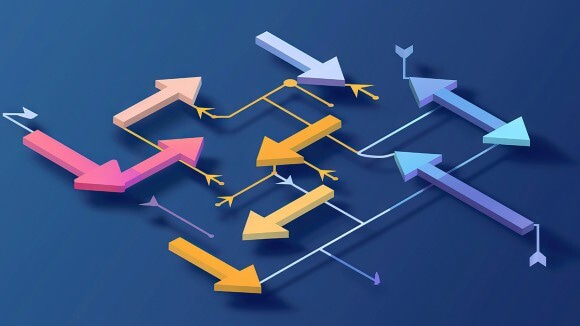
From Murmurations to Ministries
How do birds in flight, ants on the march, or people in parliaments make decisions that no one individual planned? From the murmuration of starlings to the dynamics of democratic institutions, this new Collection from npj Complexity explores the deep structure of collective intelligence. Join us in uncovering the principles that guide how structured groups—from microbes to ministries—decide, adapt, and evolve.
What is this Collection about?
This Collection brings together research on emergent decision-making in structured groups—whether those groups are computational, animal, or human. We aim to bridge disciplinary silos by inviting contributions from animal behaviour, cognitive ecology, social cognition, network science, cultural evolution, social ontology, political science, economics, and beyond. Submissions are encouraged by 14 November 2025.
Why is this Collection important?
Across species and systems, collectives routinely tackle challenges that surpass the capacity of any individual member. Yet, the underlying processes—how structured groups make decisions—are often studied in isolation. This Collection provides a rare space for dialogue between disciplines, creating opportunities for translational insights and integrative models. Whether you’re modeling fish schools, tracking how policy emerges in governments, or studying social learning in AI, your work contributes to a grander puzzle of collective cognition and cooperation. This is a chance to shape a unifying conversation that could redefine how we understand group-level intelligence and decision-making.
Why submit to a Collection?
Collections like this one help promote high-quality science. They are led by Guest Editors and In-House Editors who are experts in their fields and supported by a dedicated team of Commissioning Editors and Managing Editors at Springer Nature. Collection manuscripts typically see higher citations, downloads, and Altmetric scores, and provide a one-stop-shop on a cutting-edge topic of interest.
Who is involved?
Laurent Hébert-Dufresne, PhD, University of Vermont, USA 
Elizabeth A. Hobson, PhD, University of Cincinnati, USA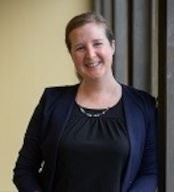
Tim Waring, PhD, University of Maine, USA
Andrew Berdahl, PhD, University of Washington, USA
How can I submit my paper?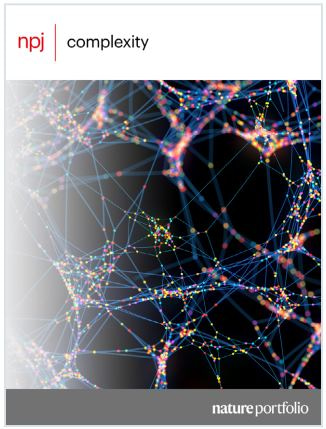
Visit the Collection page to find out more about this collection and submit your article.
Follow the Topic
-
npj Complexity
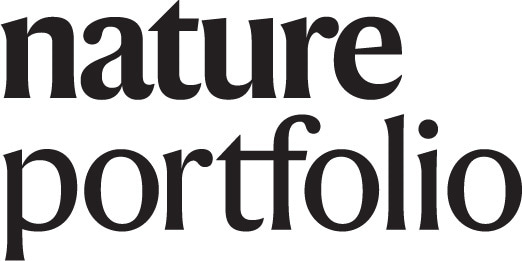
This is an open access, international, peer-reviewed journal dedicated to publishing the highest quality research on complex systems and their emergent behaviour at multiple scales.
Related Collections
With Collections, you can get published faster and increase your visibility.
Decision-making in Structured Groups: from animal societies to human governance
Publishing Model: Open Access
Deadline: May 14, 2026
Unnatural Histories: Investigating the Improbable with Experimental Evolution and Artificial Life
Publishing Model: Open Access
Deadline: Sep 12, 2026
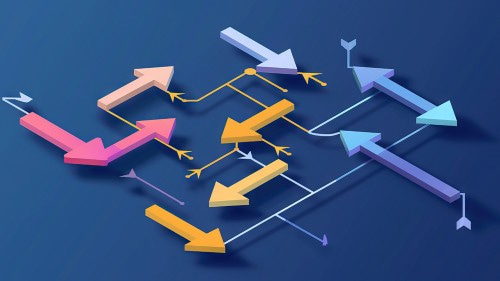


Please sign in or register for FREE
If you are a registered user on Research Communities by Springer Nature, please sign in